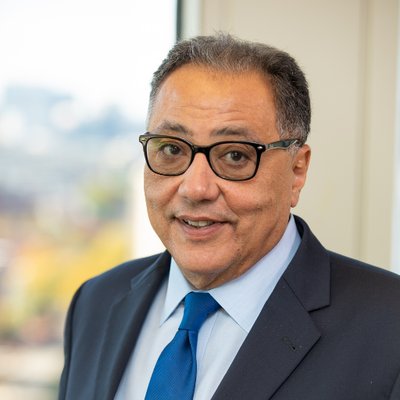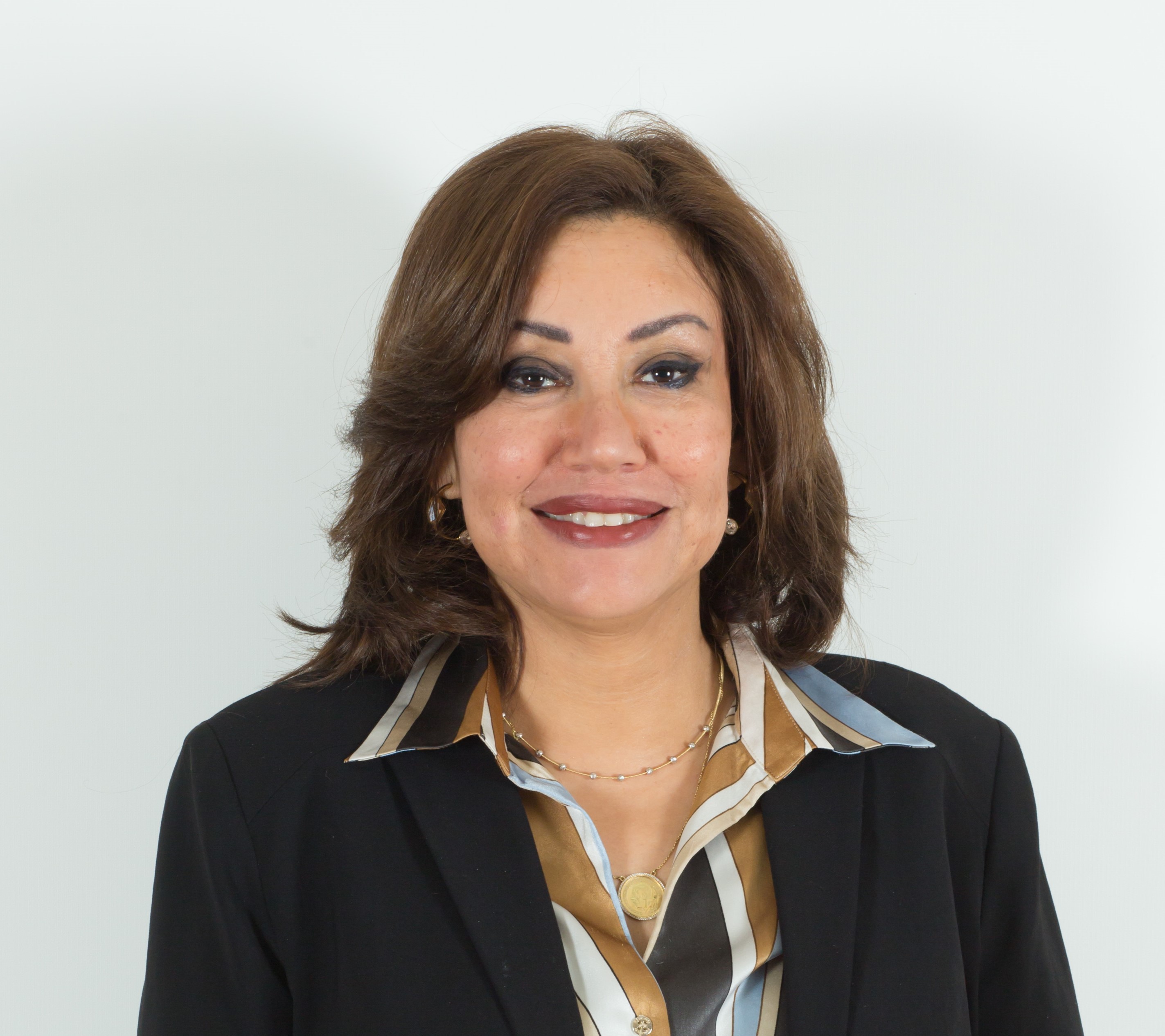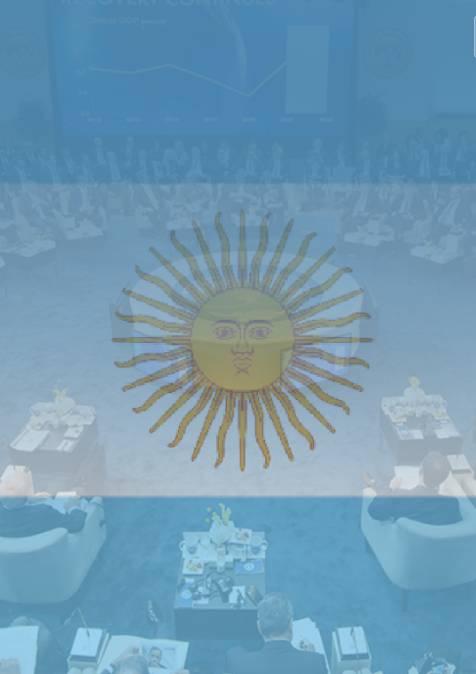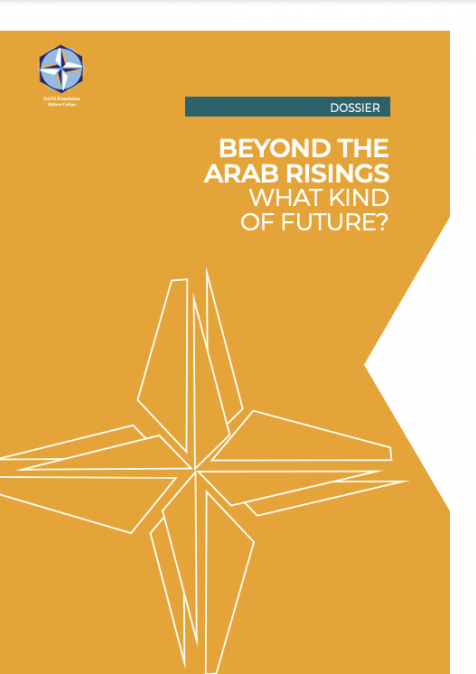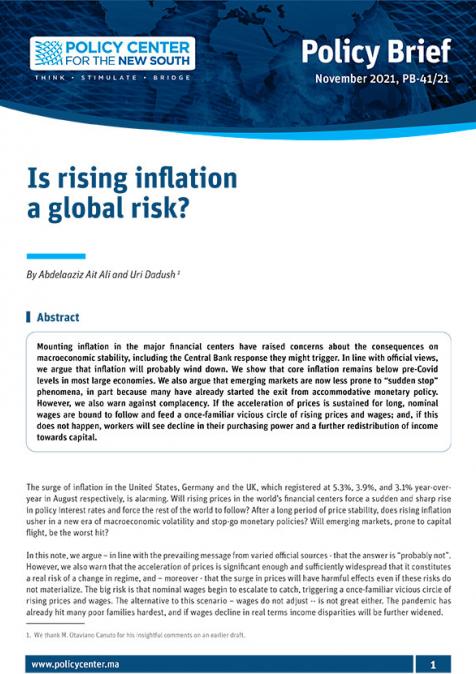يخصص مركز السياسات من أجل الجنوب الجديد حلقة خاصة من برنامجه الأسبوعي "حديث الثلاثاء" لمناقشة اشكالية المديونية في الجنوب : الواقع والافاق.
حلقة خاصة في اطار النسخة الثانية عشر لمؤتمر الحوارات الأطلسية الدي ينظمه مركز السياسات من أجل الجنوب الجديد كل سنة، والتي اقيمت بمراكش بعد شهرين من اجتماعات السنوية لمنظمات المالية الدولية والتي شكلت عودة اللقاءات إلى دولة افريقية من دول الجنوب بعد خمسون سنة من أول نسخة لها. لعل اهم المحاور التي كانت على الواجهة بالنسبة للدول النامية ولدول الجنوب، كانت قضية المديونية وسبل التنمية، التقارير التي صدرت عن المؤسسات المالية تتحدث عن أزمة المديونية.
ماهو التشخيص الحالي للازمة الراهنة كيف تطور حجم ديون دول الجنوب ؟ لماذا هدا الارتفاع في حجم المديونية في دول الجنوب؟ ماهي الأسباب التي ساهمت في ذلك؟ ما الآثار المترتبة عن تزايد حجم المديونية الخارجية؟ ماهي أبرز الحلول والسيناريوهات المحتملة؟ أسئلة واخرى نناقشها مع ضيفينيا في هذه الحلقة الدكتور حافظ غانم، باحث بارز بمركز السياسات من أجل الجنوب الجديد والدكتورة عبلى عبد اللطيف، مديرة البحوث بالمركز المصري للدراسات الاقتصادية.

